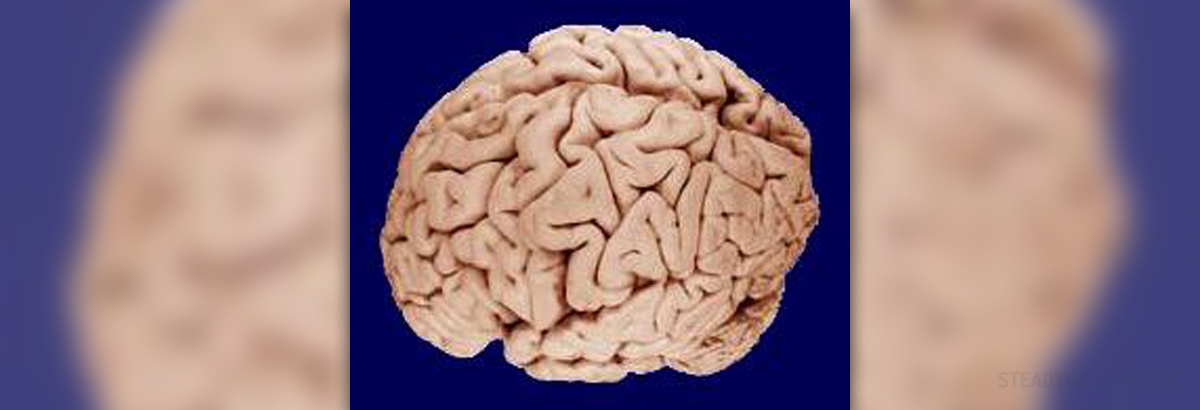
Brain injury occurs when an external force traumatically injures the brain. There are different types of the brain injuries, based on the severity, location or mechanism of injury. Traumatic brain injuries are one of the major causes of death and disability, especially in children and young adults. Brain injuries may be caused by falls, car accidents, home accidents and violence. Sometimes, the brain injury is accompanied by the loss of consciousness, but in many cases people are suffering from brain injury while remaining absolutely conscious yet simply confused.
Recognizing brain injury
Sometimes brain injury occurs almost instantly, along with the head injury. However, brain injury may develop in a next fallowing days, or even weeks, as a result of alterations in cerebral blood flow and pressure within the scull. It is extremely important to understand the symptoms of the brain injury and help your close ones get the appropriate medical treatment.
An untreated head injury may lead to severe disability and it is always potentially fatal. Brain injury causes physical, cognitive, emotional, and behavioral changes in the patient, which may sometimes be irreversible. Diagnostic methods used to determine if the brain injury is present include imaging techniques such as computed tomography and magnetic resonance imaging. Proper diagnosis and treatment may severely decrease death rates and improve the outcome.
Danger signs
Some symptoms may indicate there is a blood clot present in the brain. Blood clots may be especially dangerous as they prevent the normal blood flow in the brain, normal oxygen supply, and may cause strokes. If the patient with head injury displays some of the listed symptoms, emergency department should be informed right away:Difficulty to awakeOne pupil larger than anotherConfusions or seizuresSlurred speechPatient is getting progressively confused, restless or nervousVomitingIn children, danger signs may also include constant crying and refusal to nurse or eat.Symptoms of brain injury
Symptoms of a less severe form of brain injury usually last for a couple of days. A pPerson is generally feeling unusual and foggy. The most common symptoms include:Dull and persistent headachesDifficulties to perform usual tasksDifficulties to remember concentrate and organize Slowness in thinking, speaking, reading and performing normal tasksConfusionPain in the neckFatigue and lack of energyHypersensitivity to light, sound and other distractionsTiredness of the eyes and blurred visionRinging in the earsChanges in sexual desireMood changes such as sadness, irritation and lethargyIn children, symptoms may also include change in eating and sleeping patterns, change in the way they play, lack of interest in favorite activities and toys, bad performance at school, loss of balance and loss of new skills.



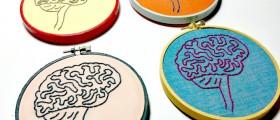

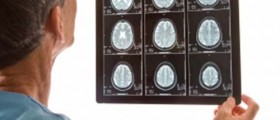


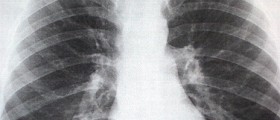


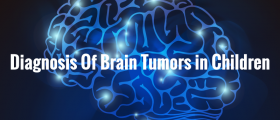





Your thoughts on this
Loading...